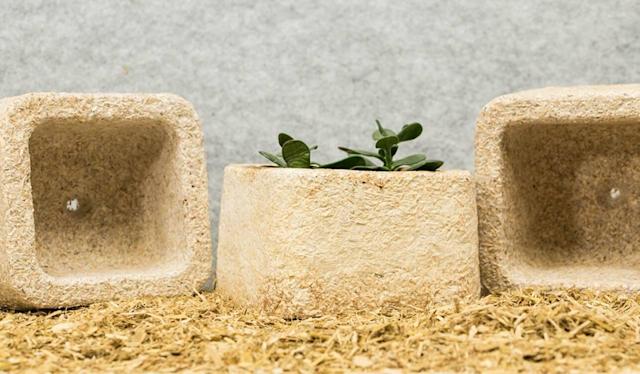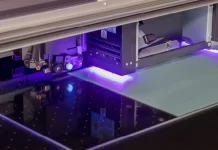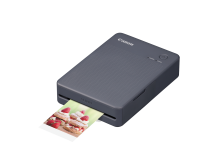Ikea's announcement to adopt mushroom-based packaging garnered significant attention last week. The retailer is part of a growing trend among major retailers and e-commerce platforms, such as Dell and Crate & Barrel, that are seeking to minimize waste and harmful substances associated with packaging. Ecovative, a New York-based company, is the supplier of a biodegradable alternative to Styrofoam, which is being provided to several Fortune 500 companies.
Ikea's intention to implement mushroom-based packaging made headlines last week. The company is among several major retailers and e-commerce businesses, including Dell and Crate & Barrel, that are exploring methods to decrease waste and harmful substances associated with packaging. Ecovative, a company located in Green Island, New York, is the provider of a biodegradable alternative to Styrofoam for several Fortune 500 companies.
Eben Bayer and Gavin McIntyre conceived the idea for Ecovative ten years ago while attending Rensselaer Polytechnic Institute, as part of their coursework in a class named ‘Inventor’s Studio.’ In an interview, Bayer stated, “We both wanted to start a business, and we both aimed to create something that would positively impact our planet.”
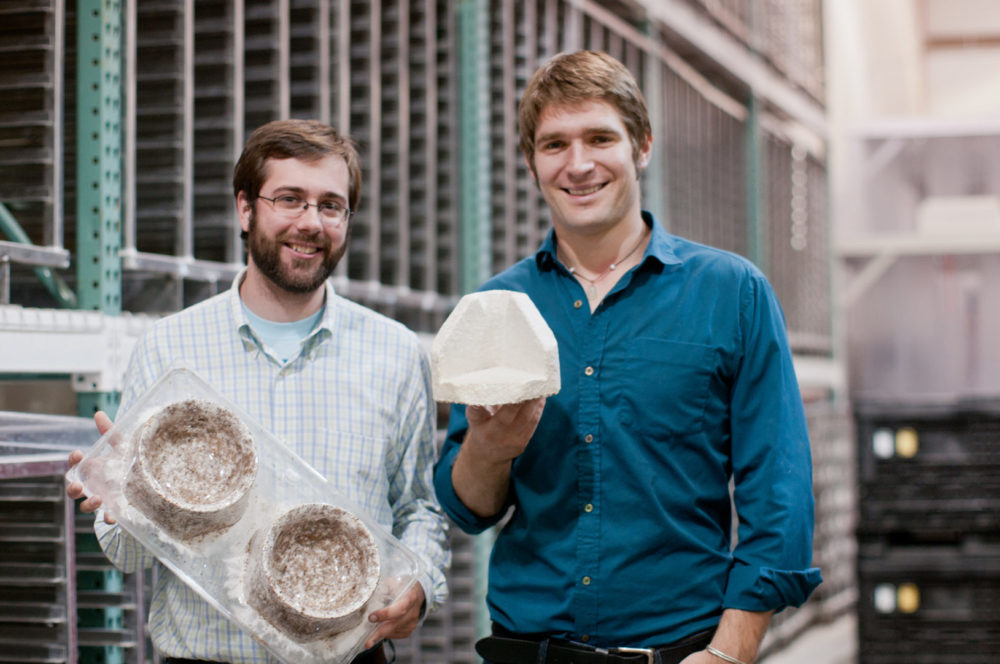
Their objective was to develop an insulation material utilizing agricultural waste and mushroom mycelium. Bayer, who holds a dual degree in mechanical engineering and innovation design, found inspiration for this innovative packaging solution partly from his upbringing on a family farm in central Vermont, where he observed the remarkable properties and versatility of mycelium, the root structure of fungi.
In 2009, after three years of experimentation, Ecovative successfully developed Mushroom packaging, which serves as a cost-competitive alternative to Styrofoam (polystyrene). This innovative packaging is created using mycelium cells that convert agricultural waste, such as corn stalks and rice hulls, into composite materials within just a few days. In contrast, polystyrene is derived from oil, a finite resource, and is produced through an energy-intensive process. Additionally, while polystyrene takes a significant amount of time to degrade, Mushroom packaging is compostable, making it a more environmentally friendly option.
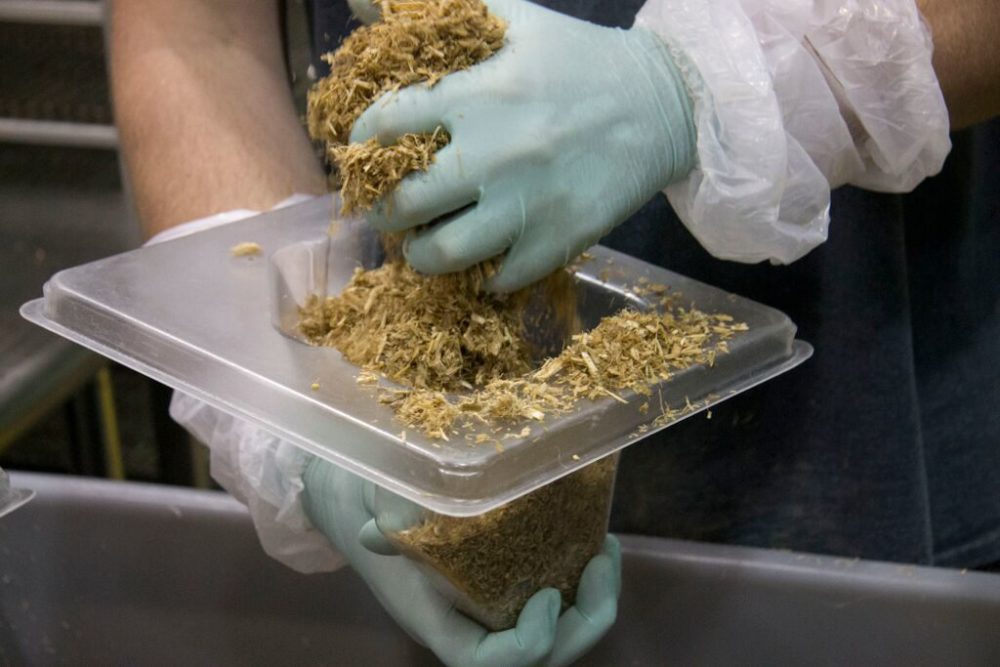
Ecovative has received multiple awards for its innovative packaging solution and was featured on the 2015 Forbes ‘30 Under 30’ list, recognizing top young innovators in the Manufacturing and Industry category. The company's funding sources include not only grants and support from U.S. government agencies but also partnerships with commercial entities, such as 3M.
To enhance production capabilities, Ecovative has licensed its technology to packaging producer SealedAir. While the company has achieved notable success in the packaging sector, it is actively exploring further opportunities to substitute potentially harmful or unsustainable products with mushroom-derived materials. Recently, Ecovative secured an additional $4 million in funding to expand its line of natural wood products known as MycoBoard, which serves as an alternative to plywood and other materials commonly used in office furniture and construction. Additionally, Bayer, McIntyre, and their team are developing a flexible material called MycoFlex, which is composed entirely of mycelium.

